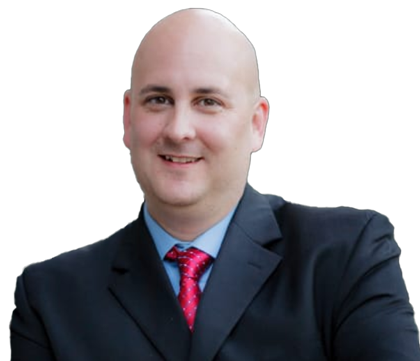Almost everybody has heard of Miranda Rights and “the right to remain silent.” It’s a familiar concept, but it’s tough to keep your cool when you feel like a deer in the headlights. When the police accuse somebody of a crime there’s a rush of adrenaline, anxiety and fear that may override more logical responses. Silence remains the best way to protect your individual rights. A case in point comes from New Orleans, where a prosecutor tricked suspects into talking when they didn’t legally have to.
The case is drawing national attention because the prosecutor manipulated suspects to believe they had to talk. He created documents with headings of “subpoena” and “notice to appear” next to an official seal of the district attorney. On seeing the official-in-appearance papers, suspects would testify under false pretense. Simply put, their individual rights were violated when they had no legal requirement to talk.
Individual rights extend beyond Miranda
Miranda Rights are arguably the best-known legal precedent among the general public. Originating with the 1966 Supreme Court case Miranda v. Arizona, police on every TV show initiate any arrest scene with “You have the right to remain silent.” This derives from the Fifth Amendment, the right to avoid self-incrimination.
In duress, people say things they wouldn’t say in a normal situation. They may confess to a crime—even one they didn’t commit. They might say anything to get out of a stressful, heated moment where a flashlight shines in their eyes, handcuffs are applied or, in some cases, a firearm is drawn. When a suspect is accused of a crime, there is an intense feeling of vulnerability. Vulnerability opens the door to unethical behavior, such as the case in New Orleans.
Why silence is important
While many people know their Miranda Rights by memory, they don’t have a legal background or deep knowledge of the Constitution and local law. Limiting your words to the police with help your case by keeping the evidence objective and based on properly gathered evidence. A criminal record has long-term consequences, whether the allegation is for drug possession, drunk driving, assault or anything else.
Criminal defense lawyers are trained to protect individual rights to make sure that individuals don’t incriminate themselves, instead making sure that prosecutors use fact-based evidence instead of potentially unreliable testimony. By letting a third party speak for a suspect, it separates emotion from the scene and limits the opportunity for skilled interrogators to manipulate a situation or twist the words of a suspect against you.


